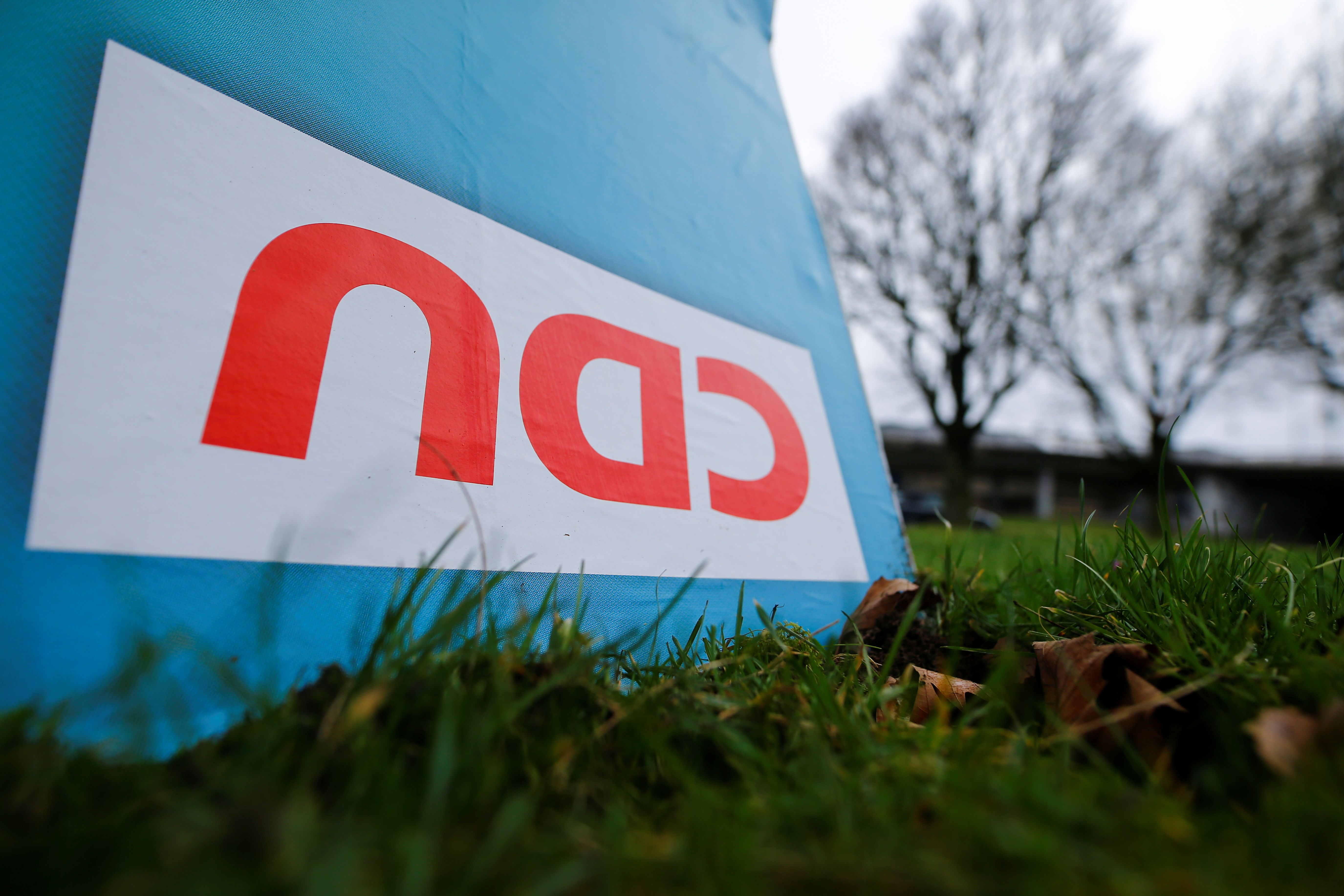Yellow Card for the CDU— Elections in Baden-Württemberg and Rhineland-Palatinate

Which parties will form governments in Baden-Württemberg and Rhineland-Palatinate?
The results allow the former SPD-FDP-Greens government in Rhineland-Palatinate to continue. The coalition partner may change in Baden-Württemberg: although Winfried Kretschmann, the Greens’ prime minister, did not rule out re-establishing a government with the Christian Democrats, there is a probability that the CDU may be replaced by the SPD and the FDP this time. This is supported by the tensions between the ruling party and the Christian Democrats regarding the scale of restrictions introduced in connection with the COVID-19 pandemic and economic aid. The Christian Democrats also criticise Kretschmann for seeking, in their opinion, too rapid climate transformation of the car industry, which threatens the interests of automotive concerns. The goal of the Greens is to end the production of cars with internal combustion engines for electric vehicles as soon as possible.
Why did the CDU fare so poorly?
The election failures of the Christian Democrats are a consequence of the so-called mask scandal: Bundestag deputies Nikolas Löbel (CDU) and Georg Nüßlein (CSU) were alleged to collect commissions for brokering the purchase of protective materials for private companies, as well as federal and regional offices. Both politicians resigned from membership in the faction, and Löbel resigned his parliamentary seat. At the same time, MP Mark Hauptmann (CDU) also resigned due to allegations of accepting money for lobbying for Azerbaijan, Taiwanese, and Vietnamese authorities. The CDU was also hurt by the slow vaccination rate and the growing impatience in mid-March with the prolongation of the lockdown. In Germany, only 3.3% (2.7 million) of the population has been completely vaccinated. This contributes to a decline in satisfaction with the government’s work: in March, 50% of respondents assessed it positively, compared to 77% in April 2020.
Will the election results threaten Armin Laschet’s position?
The regional elections in Baden-Württemberg and Rhineland-Palatinate were an important test for the new Christian Democrat leader. The party’s low performance and its possible transition to the opposition in Baden-Württemberg, where the second-largest regional union of the CDU operates, weaken his position as chairman. The defeat also calls into question his appointment as CDU/CSU chancellor candidate, thereby enhancing Markus Söder’s chances. It is not certain, however, whether the Bavarian prime minister and the CSU leader will be interested in taking up this challenge due to the prospect of a low result for the Christian Democrats or even a loss in the Bundestag elections, which may be indicated by the weakening results of the CDU polls at the federal level and the party’s potential low result in the regional elections in Saxony-Anhalt in June this year.
How will the results of the regional elections affect the Bundestag elections?
The regional elections strengthened the position of the Greens ahead of the federal elections, making them a probable future member of the new federal government. Building a Greens-SPD-FDP coalition in Baden-Württemberg is also a model that can be re-created at the federal level. This depends, however, on an increase in support for these parties and, at the same time, a strong decline for the Christian Democrats. An attempt to build a government of the Greens-FDP-SPD could result in long coalition negotiations and the creation of a government exposed to internal crises, which would weaken Germany’s activity in international politics and in the global fight against the COVID-19 pandemic. The implementation of this coalition scenario would also mean the transition from the Christian Democrats to the opposition after 16 years of rule. This would weaken Laschet’s leadership and could induce the party to change leadership again.


